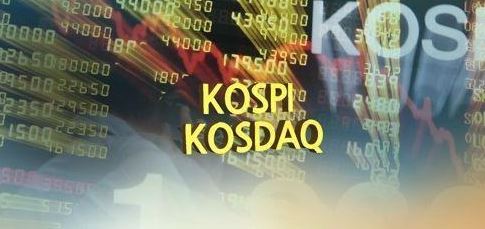Investors have increasingly shifted their money to short-term financial instruments, such as money market funds, amid low interest rates and growing economic uncertainties, data showed Sunday.
Money market funds are short-term debt securities such as Treasury bills and commercial papers. They are widely considered to be as safe as bank deposits while providing a higher return.
 |
(Yonhap) |
The net asset value of MMFs came to 120.18 trillion won ($102 billion) as of Wednesday, breaching the 120 trillion-won threshold for the first time in 11 months, according to the data from the Korea Financial Investment Association.
On July 1, the comparable figure was 104.1 trillion won, but MMFs siphoned off some 16 trillion won in just two weeks, the data showed.
Growing expectations for a rate cut by the Bank of Korea and the flare-up of a trade dispute with Japan over tech exports prodded investors to park their money in short-term investment vehicles.
Last week, the central bank unexpectedly cut its key rate by a quarter percentage point cut to 1.5 percent, the first cut since 2016, to help Asia's fourth-largest economy expand in the face of growing uncertainties, including a drawn out trade spat between the United States and China, and more recently, a similar tussle with Japan.
The BOK also lowered its growth outlook for the year to 2.2 percent from 2.5 percent, citing growing headwinds lying ahead.
In contrast, deposits for stock investment dipped by 3.5 trillion won to 23.9 trillion won over the cited period, indicating that the local stock market may face a slump down the road.
"The local financial market is reacting sensitively to growing uncertainties despite the central bank's unexpected rate cut," said Kim Byung-yun, an analyst at NH Investment & Securities.
Amid growing economic uncertainty, the volume of cash and other short-term floating capital in South Korea grew to 1,000 trillion won, given the sluggish performance of the local stock market and a moderation in local housing prices.
The local property market, once the best-performing asset class, showed signs of stabilization after the government implemented tougher lending curbs to cool housing prices.
Investors are increasingly paying attention to safer havens such as gold. The price of gold continued its return to record high levels, with gold trading at 54,580 won per gram on Thursday, up 1.07 percent from the previous day, according to the Korea Exchange. (Yonhap)








